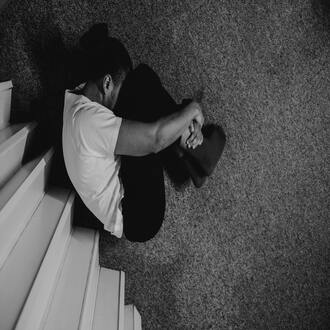Transcription Practical lessons: complacency and preparation
You can't judge someone's behavior by observing them in an unaroused state.
The first big lesson from this study is that we can't trust how we think we or others would act in a state of passion.
There is a huge gap between our calm selves and our aroused selves.
We mustn't get complacent and think, "This wouldn't happen to me."
The importance of not being complacent and being prepared for the worst.
This awareness should lead us to be more prepared.
We can't trust that our willpower or our morality will remain intact in the heat of the moment.
We must take precautions in advance.
Practical advice: always wear protection, have self-defense knowledge.
This has very specific applications. For example, it's a good idea to always carry birth control, not just when you're planning a relationship.
Because plans and intentions can quickly fade when arousal enters the picture.
It's also important to have knowledge of self-defense and how to set clear boundaries.
Awareness as a Prevention Tool
Awareness of this phenomenon is, in itself, a powerful prevention tool. If we know that our judgment will be impaired, we can be more cautious.
We can avoid risky situations. And we can have honest conversations with our partners about these topics when we're calm, setting clear agreements and boundaries in advance.
Summary
The study reveals that we can't judge our own or others' behavior from a calm
practical lessons complacency and preparation




